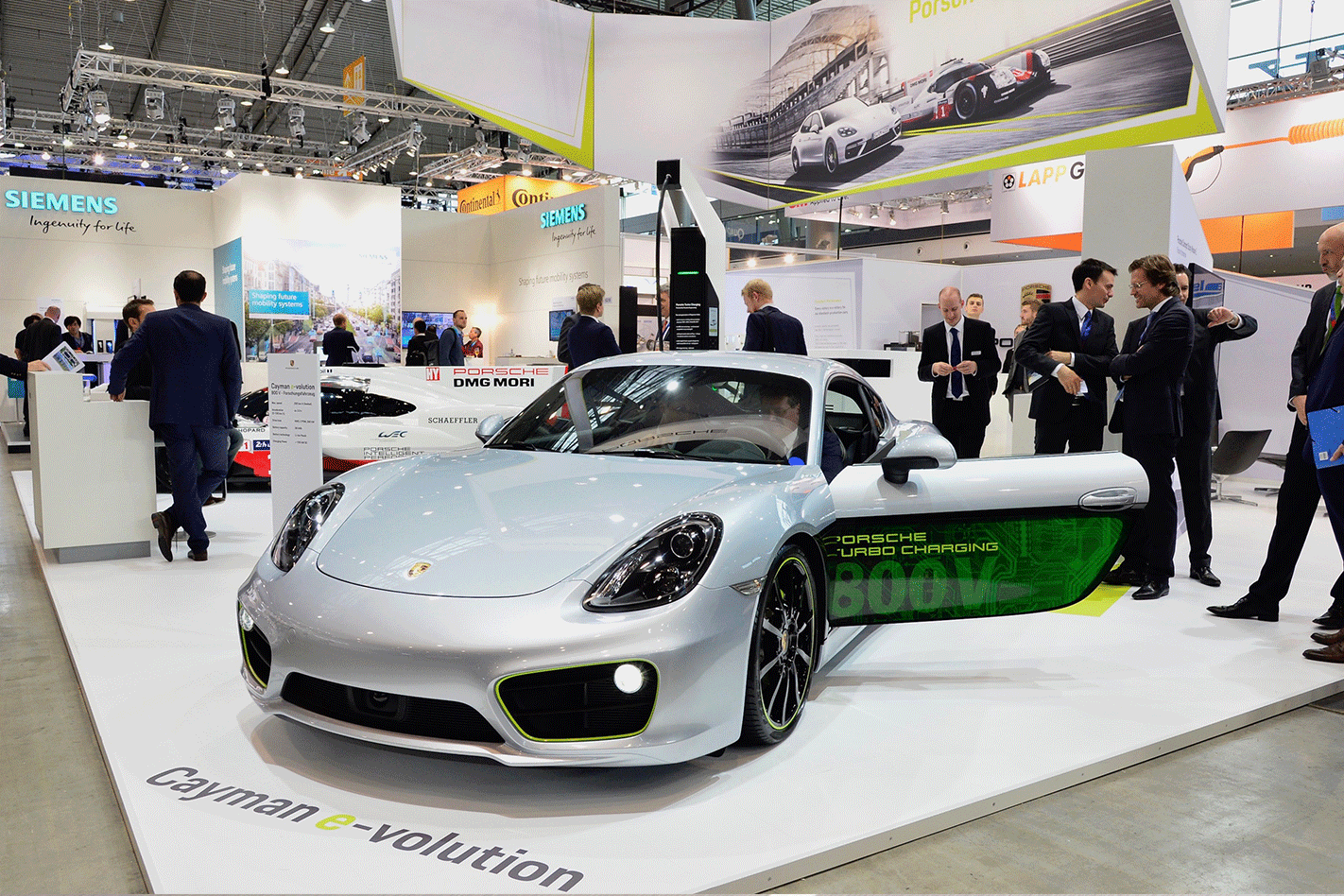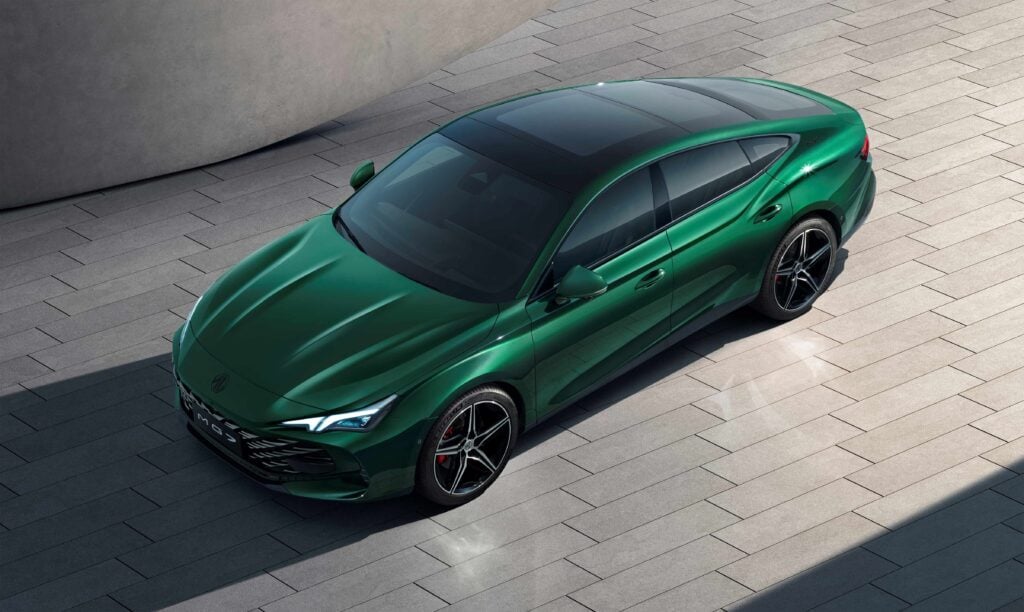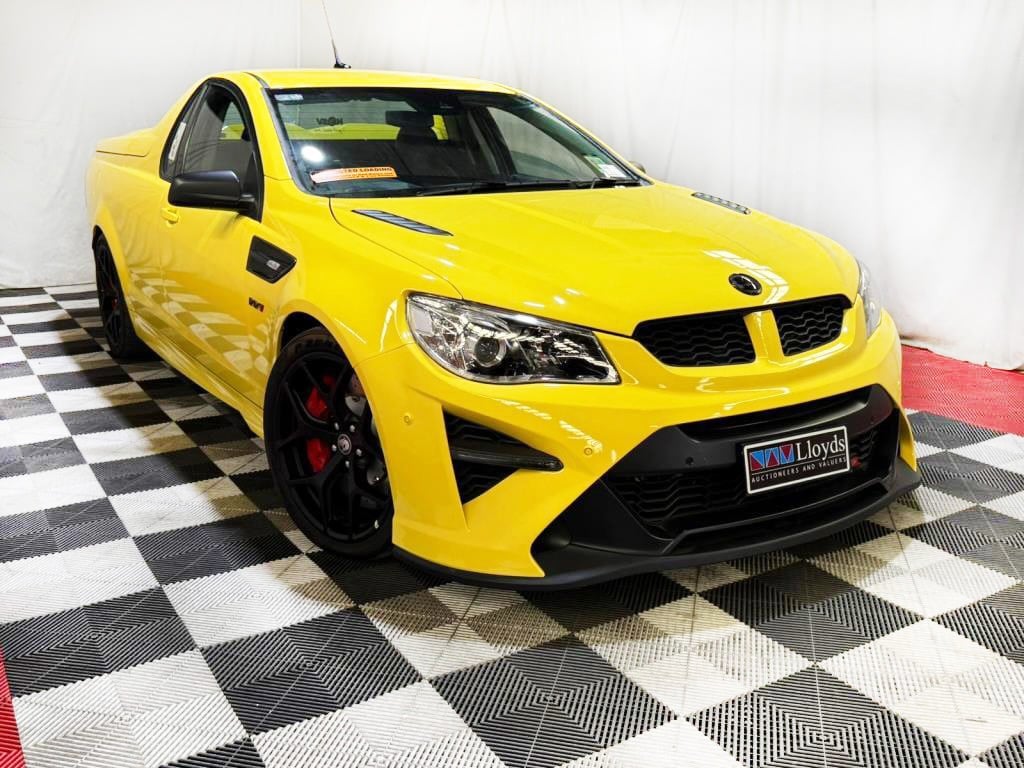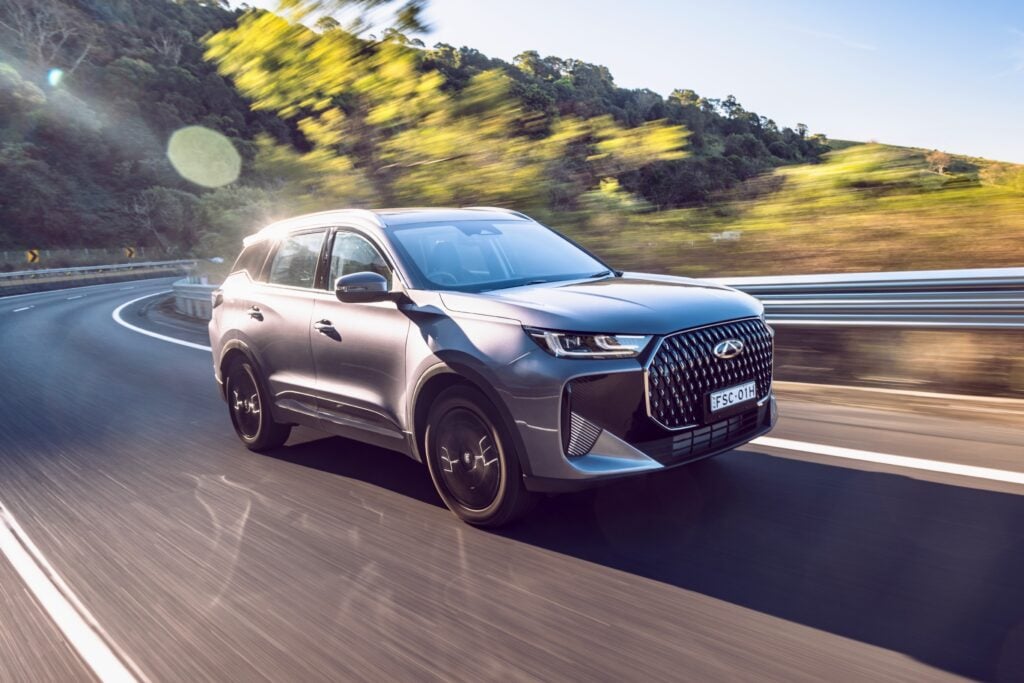
“If this car could be charged as fast as I refuel my own car, I’d have one tomorrow.” It’s a familiar refrain from many who have sampled electric cars, love the quietness, the acceleration, the seemingly limitless torque and the surface-skimming centre of gravity.
Porsche might not have quite attained that just yet, but its Cayman e-volution demonstrator and 800-volt charging system is a massive leap forward in cutting the wait for EVs to charge.
We’ve seen plans for the 800-volt system for a couple of years now. It’s being developed hand-in-hand with the Mission E supercar, due to launch in production form in 2019, and the big sell here is that it claims to be able to charge that car to 80 percent capacity in a mere 15 minutes.
That’s about the time I take to fill my car, get diverted by the servo’s chocolate selection and then cycle through four attempts to remember the PIN on my fuel card.
Based on the previous-gen 981 Cayman, the e-volution features what Porsche rather awkwardly dubs ‘Turbo Charging’. It’s has a range of around 200km and can knock over 100km/h in 3.3sec, that’s more than a second quicker than the current 718 Cayman S. It’s helped by all-wheel drive and the 38kWh lithium-ion battery pack that propels it to a top speed of 192km/h.
The Turbo Charging accumulator fast-charging system charges at a capacity of up to 320kW per vehicle and is set to be rolled out across Europe by 2020 in partnership with Audi, BMW, Daimler and Ford. Porsche claims it’s designed to be used as a supplement to high-power fast charging networks with medium voltage connections. To put that 320kW figure into perspective, Tesla’s juiciest superchargers are good for around 120kW.
| Mercedes-Benz and Ford to introduce wireless car charging this year
The power wars are already kicking off in a battle to develop the most potent chargers. Porsche’s 320kW Turbo Charging figure is equalled by Volkswagen’s Electrify America scheme and pipped by the 400kW ChargePoint Express Plus tech. The champ? That’d be Geneva’s bus chargers that crank out 600kW, topping up the batteries in 15 seconds with enough juice to get them to the next stop.




